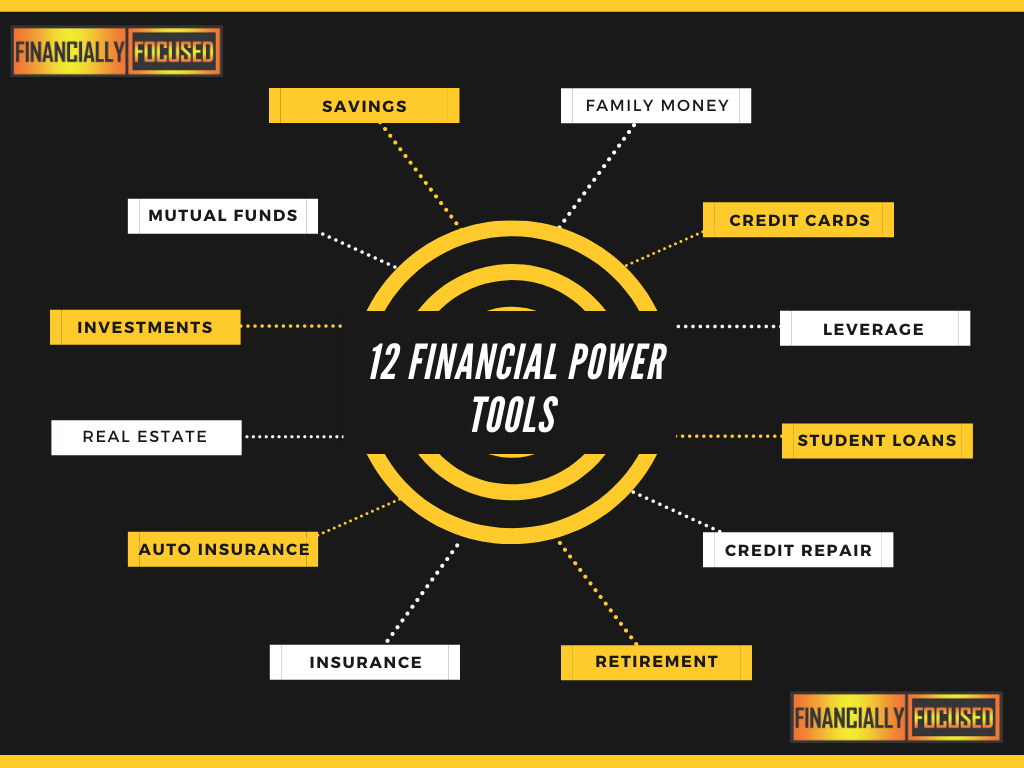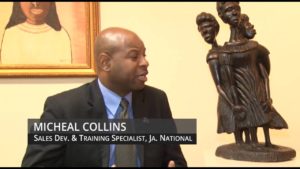Have you ever asked your financial adviser, if they will earn more commission by putting my money into this investment rather than something similar from another company?
Do you know how much money your financial advisor is making off of your investments?
Do you know how much money you are making off of your investments?
Based on analysis of my clients, many persons create or discover $100,000 worth of assets in one year of financial coaching. $100,000 you say? Not in this COVID period!!!
I am so happy to tell you that you are wrong. We will stand with you to get your financial life back together.
Let me offer you this one question survey and then we can get into your needs analysis.
And if you want to ask your licensed financial advisor more specific questions, here are some suggestions.
Financial planning related questions:
- What information will you need from me?
- How long does the process take?
- What will I receive (is it a one-page summary, a 70-page volume, etc.)?
- Will you provide investment advice as part of a planning engagement?
- How much will this cost?
- Do you offer one-time, ongoing, or other planning arrangements?
- What happens when life changes and we need to make an update?
- Which topics are included (taxes, cash flow, budgeting, estate planning, retirement, education funding, debt strategies, real estate, investments, insurance and risk management, etc.)?
Of course, now we can invest on line without consulting a human. And if you live in such a jurisdiction where you can invest online, you may prefer the do it yourself approach. Of course, you will still pay fees either upfront or as a management fee. So fees never go away, they just appear in different forms.
That said, it would be good to know a different way to approach this COVID time investment period.
So let’s turn to investment advisory firm, Barrons.
So what’s an investor to do? Barron’s surveyed top advisors, money managers, and asset-allocation experts to determine the path forward. They all agreed: Constructing a portfolio for these times should start with a reset of expectations. Stock returns are unlikely to be driven by the big domestic growth companies that have fueled the past decade’s gains. And portfolio stabilization can no longer come from Treasuries, given that the Federal Reserve has vowed to keep the real yield near zero through 2023; the 10-year Treasury recently was paying 0.68%.
Given this outlook, if your goal is for a 5% return above inflation with modest risk, you’re unlikely to achieve that with a traditional portfolio of 60% in stocks and 40% in bonds, says Ben Inker, head of asset allocation at GMO, a Boston-based wealth management firm. Even if stocks perform at their historical level—an annualized 10% for the S&P 500 index—bond prices are so high (and yields so low), that it’s impossible to generate the same combined return as in the past, warns Inker. “What’s more, the ability of bonds to cushion pain is reduced, relative to history, because there’s no more room for bond yields to fall,” Inker adds. “That leaves you with a lower return on a 60/40 portfolio than it used to get, and also more risk.”
Another quick tip. If you want a less risky option and are willing to accept a lower rate of return on your money. There are always money market investments.
Many savers may try to take advantage of the higher interest rates CDs tend to offer while also attempting to keep their savings semi liquid. They often do this by purchasing more than one CD. For example, you might deposit money in a one-year, two-year, three-year, four-year and five-year CD — a strategy known as laddering. With this approach, one CD would mature each year, and you would be able to access the original funds and earned interest without paying a penalty. This also may be a valuable approach if interest rates rise more generally throughout the economy. When interest rates increase broadly, you are likely to earn a higher interest rate on a new CD account.
Of course, at Financially Focused www.financiallyfocusedmedia.com we believe in a team approach.
One of our services is to offer our clients a review of their portfolio.

If I get your agreement on looking over your financial analysis, will you look at the facts of how the Financial Mentor Focus training can unlock at least $50,000 worth of assets in 12 weeks for you?
Yes, there is an investment.
You have to decide for yourself if you are ready to earn more or create more or just end the confusion every time you speak to a financial advisor.
So fill out this needs analysis and let’s see what can be done.
You can also make the investment now so that there is no time wasted in getting you on the path to wealth.
Share this opportunity with a friend!
Join our private FB group – Financially Focused on Wealth



